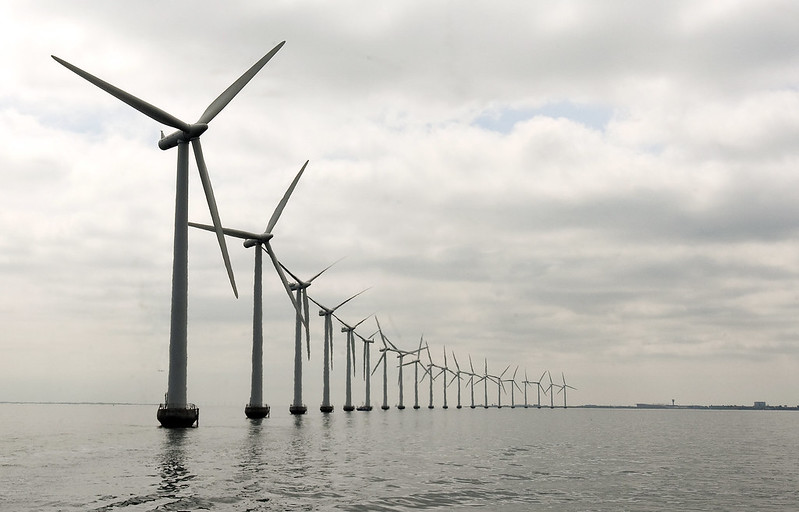Will Buying Tropical Forest Carbon Benefit The Poor? Evidence from Costa Rica
We review claims about the potential for carbon markets that link both payments for carbon services and poverty levels to ongoing rates of tropical deforestation. We then examine these effects empirically for Costa Rica during the 20th century using an econometric approach that addresses the irreversibilities in deforestation. We find significant effects of the relative returns to forest on deforestation rates. Thus, carbon payments would induce conservation and also carbon sequestration, and if land users were poor could conserve forest while addressing rural poverty.




